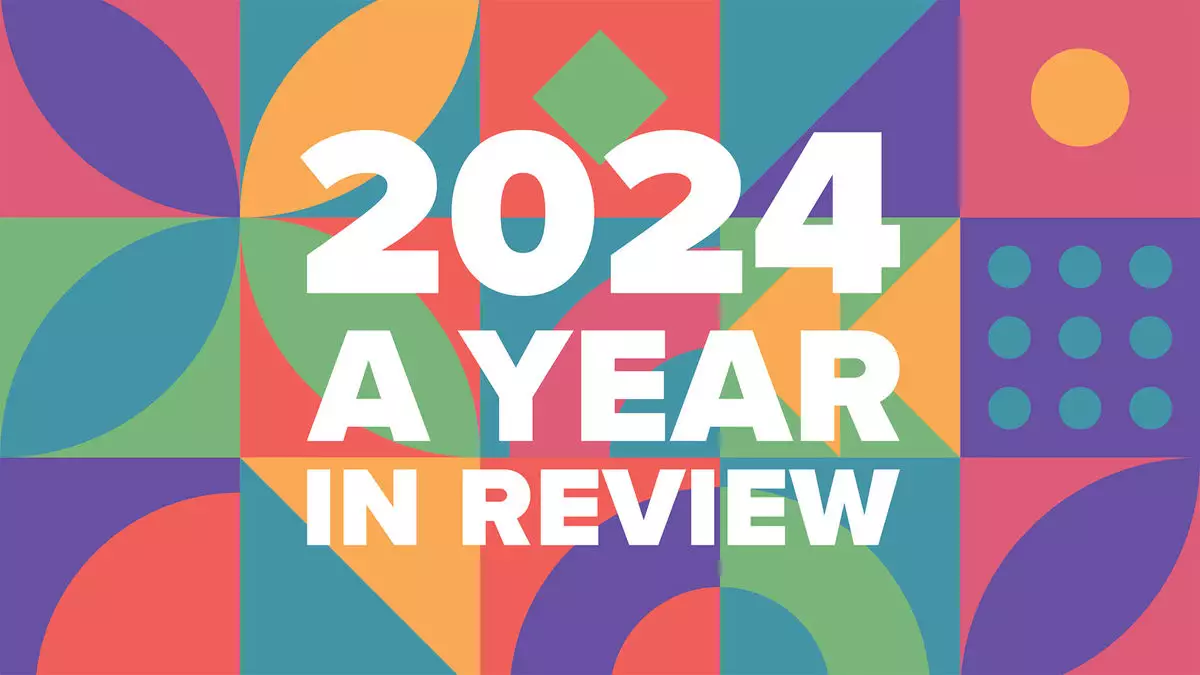The landscape of the travel industry is undergoing a transformative shift, largely fueled by the integration of artificial intelligence (AI) technologies. A recent survey by Travel Weekly highlights that nearly half of travel advisors are now incorporating AI into their practices, a significant development considering this sector’s historical reluctance towards adopting advanced technology. Notably, among the younger cohort of advisors (those aged 45 and below), usage rates soar to 58%. This emerging trend suggests that the allure of generative AI, which promises increased efficiency and time savings, is beginning to resonate within a profession often perceived as hesitant to embrace innovation.
Travel organizations are responding to this trend by providing tailored AI solutions to their members. For instance, Signature Travel Network has rolled out access to TobyAI, an AI platform specifically designed to assist travel advisors in optimizing their social media presence and crafting personalized itineraries for clients. This strategic move indicates a recognition that specialized AI tools can empower advisors to enhance their service delivery, making the booking process more seamless and intuitive for travelers. Similarly, in December 2023, Travel Leaders Network established a partnership with TobyAI, emphasizing a collective effort within the industry to leverage AI advancements.
The utilization of AI extends beyond social media management and itinerary creation; it plays a crucial role in improving overall operational efficiency. A notable example comes from Fox World Travel, known for its commitment to innovation. The company introduced Colby AI, an assistant designed to streamline workflows and provide critical insights on traveler preferences. This tool not only assists with booking inquiries but also analyzes data trends, allowing advisors to make more informed decisions. Such advancements in AI technology signify a broader move towards data-driven strategies to enhance customer experience.
The AI revolution is not limited to smaller players; major corporations are also diving into the realm of AI-driven solutions. The Expedia Group, which holds the second spot in Travel Weekly’s Power List, unveiled Romie—an AI-powered travel assistant—during its annual partner conference in May. CEO Ariane Gorin’s remarks underscored the ubiquity of AI in today’s travel discussions, reinforcing the notion that embracing AI is no longer optional but a necessity in the competitive travel market.
As the travel industry stands on the brink of a technological renaissance, the adoption of AI by travel advisors marks a significant evolution in how travel services are delivered. With tailored AI applications enhancing operational efficiency and customer engagement, it is evident that AI’s influence will only continue to grow. This shift not only reflects a changing mindset within the advisory community but also sets the stage for an exciting future where technology and travel intertwine more than ever before. As explorers of the new digital age, travel advisors must embrace this transformative wave, equipping themselves with the tools necessary to navigate the complexities of an increasingly technology-driven industry.


Leave a Reply